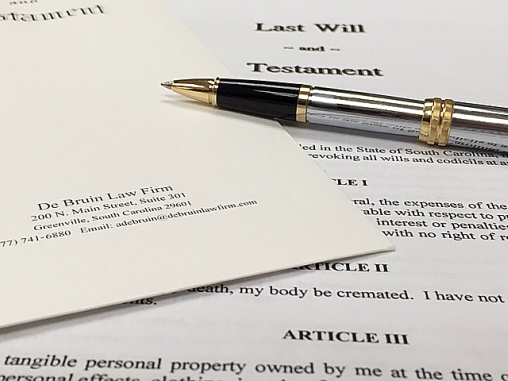





Phasellus feugiat massa sed elit fringilla malesuada. Nunc justo magna, porta vitae vestibulum non, aliquam eu orci. Sed molestie elit euismod, euismod eros maximus.
Aenean vehicula gravida nisi, id faucibus nunc venenatis a. Nullam faucibus bibendum enim a cursus. Nam eget elit nunc. Integer imperdiet tortor eget nunc dignissim fermentum.
098 765 432
your@email.com
Newton Street,
Crafton Park Avenue
London